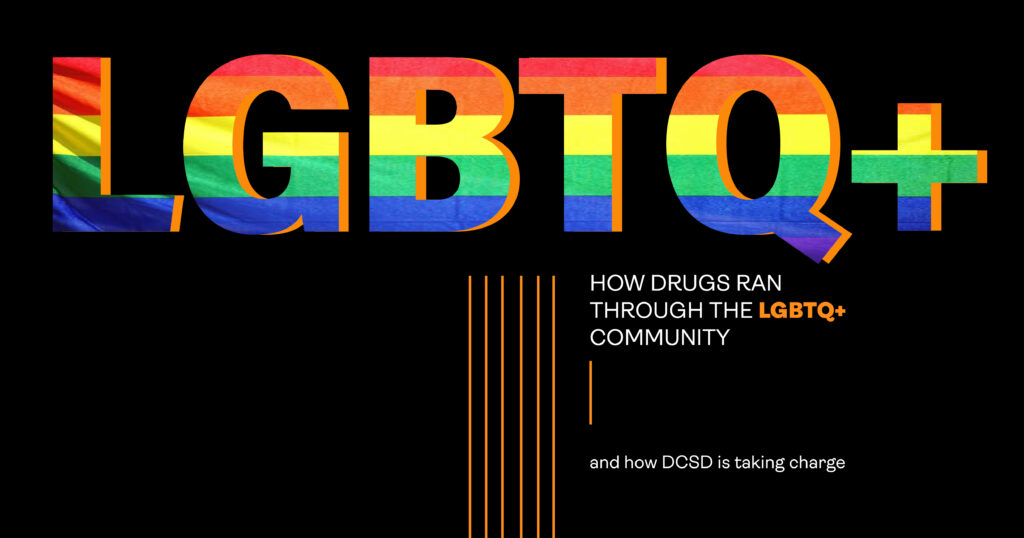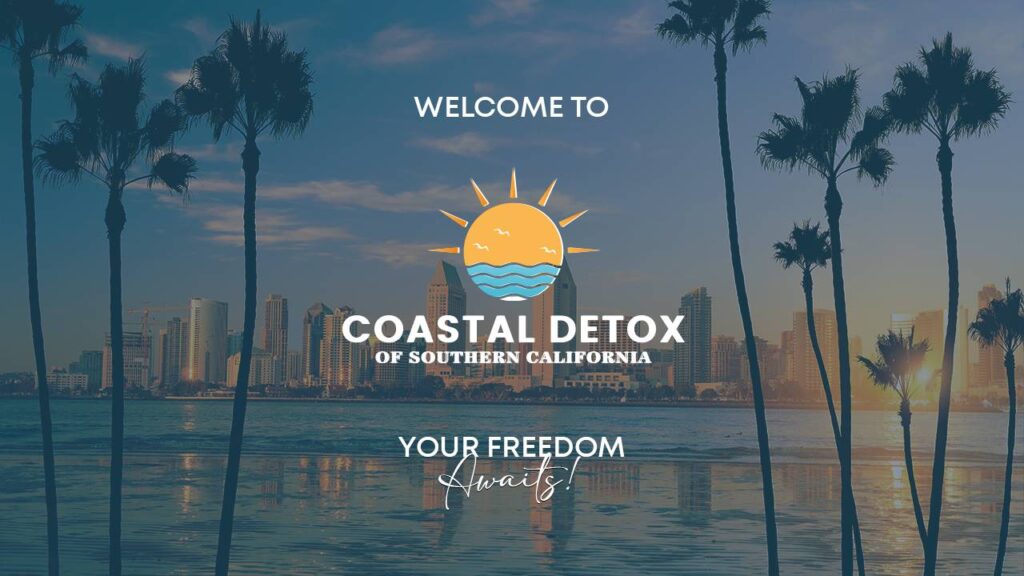
With the increasing awareness of LGBTQ+ rights and the progress made toward equality, it is crucial to acknowledge the challenges that this community continues to face. Substance abuse is a complex issue that disproportionately affects LGBTQ+ individuals, often as a result of societal pressures, discrimination, and a lack of acceptance. In this article, we will explore the factors contributing to substance abuse within the LGBTQ+ community, emphasizing the necessity for empathy, support, and the creation of safe spaces.
Factors Contributing to Substance Abuse
Creating a Safe Space for Expression
One significant factor contributing to substance abuse within the LGBTQ+ community is the lack of safe spaces for individuals to express themselves freely. Society’s history of stigmatizing and marginalizing LGBTQ+ individuals has led to feelings of isolation, discrimination, and the need to conceal their true identities. As a result, many turn to drugs or alcohol as a coping mechanism, searching for a temporary escape from their daily struggles.
Societal Pressures and Discrimination
The LGBTQ+ community faces unique challenges, as they often grapple with societal pressures and discrimination. This constant battle can lead to increased stress and anxiety, ultimately leading individuals to turn to substances as a means of self-medication. This coping mechanism, although harmful, offers a temporary respite from the pain and emotional distress experienced as a result of societal prejudice.
Mental Health and Identity Struggles
Another critical aspect to consider is the significant link between mental health issues and substance abuse within the LGBTQ+ community. The constant struggle to reconcile one’s sexual orientation or gender identity with societal expectations can be overwhelming and traumatic. Consequently, many individuals within this community develop mental health conditions such as depression, anxiety, or post-traumatic stress disorder (PTSD), increasing their vulnerability to substance abuse.
Intersectionality and Cultural Factors
It is important to recognize that the experiences of substance abuse within the LGBTQ+ community are not homogeneous. Intersectionality and cultural factors play a significant role in shaping an individual’s experience. For instance, LGBTQ+ individuals of color may experience compounded discrimination and stress, as they face both racial and sexual orientation/gender identity biases. Understanding these unique experiences is crucial in developing comprehensive strategies to address substance abuse within the community.
Substance Abuse Prevention and Support Strategies
Education and Awareness
To address substance abuse within the LGBTQ+ community effectively, education and awareness play a fundamental role. Initiating conversations surrounding the distinct challenges faced by LGBTQ+ individuals and the correlation between substance abuse and mental health issues can help dispel stereotypes and foster a more supportive environment.
Accessible and Inclusive Support Services
Creating inclusive and accessible support services is essential in combating substance abuse within the LGBTQ+ community. These services should be designed to understand and address the specific needs and experiences of LGBTQ+ individuals. By offering LGBTQ+-affirming treatment programs, counseling services, and support groups, individuals can find solace and tailor-made assistance on their journey towards recovery.
Fostering Acceptance and Celebrating Diversity
Promoting acceptance and celebrating diversity is crucial in diminishing the stigma faced by the LGBTQ+ community. By creating an environment that embraces LGBTQ+ individuals for who they are, we foster a sense of belonging and reduce the triggers leading to substance abuse. Open dialogue, cultural inclusivity, and support networks are vital components in building a strong community foundation that supports and uplifts its members.
“Wow!!! Coastal Detox of Southern California is an amazing resource to have at such a crucial time in a person/families life. Every step of the way they were listening and helping and caring. It’s beautiful, clean, has a doctor and cook on site, a therapist, exercise classes… I mean the lists actually does keep going on… This is a fabulous establishment that I am so proud to write this review for. I am truly happy San Diego has this for our cities residents when they are in need. Thank you.” – Tish Boucher
Constructing a Supportive Environment
In conclusion, substance abuse within the LGBTQ+ community is a complex issue influenced by societal discrimination, mental health struggles, and the lack of inclusive support services. To address this issue effectively, it is crucial to foster empathy, awareness, and understanding. By creating safe spaces, promoting acceptance, and providing tailored support services, we can assist LGBTQ+ individuals in navigating their journey to recovery. Let us stand united, celebrating the diversity that makes this community so vibrant, and ensure that no one faces these challenges alone.
Coastal Detox of Southern California is an intimate haven for those seeking to take the first step towards recovery. Composed of an entire team of highly trained substance abuse professionals in recovery, our team has dedicated its lives to assisting other addicts and alcoholics. We support you and have personal experience in overcoming the struggles you are currently facing. With residential housing, onsite medical personnel, and devoted clinical experts, Coastal Detox of Southern California aims to meet the specific medical, therapeutic, and personal needs of each individual we serve for drug and alcohol treatment.








